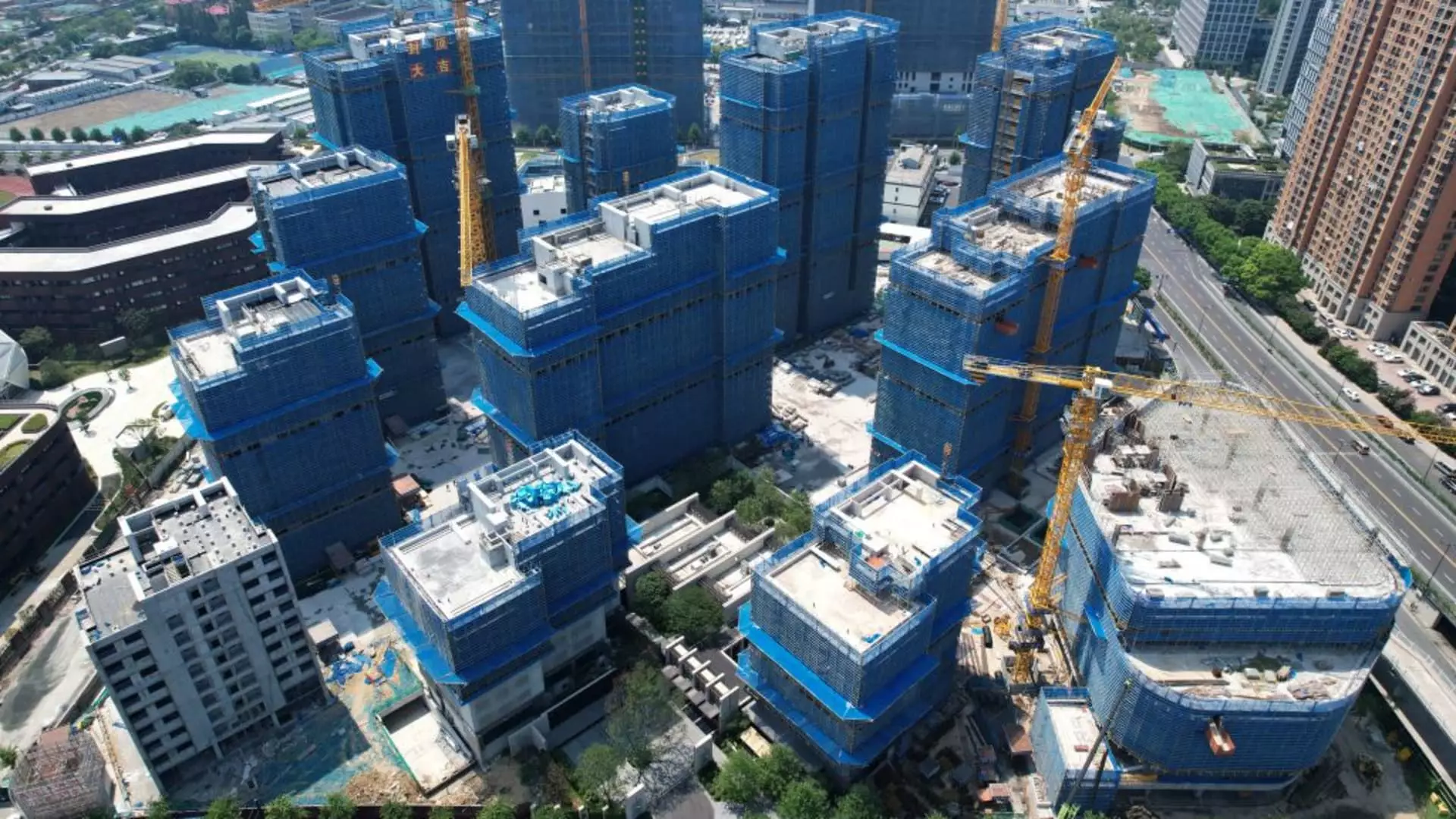China’s economic landscape is a complex web of interconnected factors, with the latest data from the Milken Institute’s best performing cities China index revealing a mix of winners and losers among the country’s urban centers. Hangzhou, home to tech giants like Alibaba, has emerged as a top performer in the rankings, showcasing the benefits of Beijing’s tech push. On the other hand, cities like Zhuhai have experienced a significant drop in rankings due to struggles in the real estate sector, highlighting the challenges faced by cities reliant on property development.
The Real Estate Struggles and U.S. Sanctions
The impact of China’s property struggles and U.S. sanctions is evident in the shifting fortunes of its cities. With real estate once accounting for more than a quarter of China’s GDP, the crackdown on high debt levels among developers has led to a slowdown in the sector. This has had a cascading effect on cities like Dongguan, known for its manufacturing prowess and home to Huawei, which saw a decline in rankings due to U.S. sanctions. The tenuous balance between economic growth and geopolitical pressures is a key challenge for cities in China.
Cities like Shenzhen and Beijing, hubs for Chinese tech companies, have faced challenges due to U.S. sanctions on blacklisted firms. The impact of these sanctions highlights the vulnerability of cities reliant on specific industries for growth. In contrast, Zhuhai’s potential as a center for service and production jobs remains promising, despite the setback in the real estate sector. The interplay between global geopolitics and local economic dynamics shapes the fortunes of Chinese cities in unpredictable ways.
Amidst the challenges faced by some cities, others have demonstrated resilience and innovation in adapting to changing economic landscapes. Cities like Wuhan and Hefei have seen an improvement in their rankings, driven by efforts to support local industries and technological development. Wuhan’s ability to keep factories running during the pandemic and Hefei’s focus on research and innovation have propelled them to the top tier of the index. These cities serve as examples of how agility and vision can lead to economic success in a competitive environment.
Hangzhou’s rise as a hub for e-commerce, manufacturing, and finance offers valuable lessons for urban development in China. The city’s success highlights the importance of diversified economic sectors and strategic investments in key industries. However, replicating Hangzhou’s success may prove challenging, given the unique circumstances that have propelled its growth. The role of local property markets in driving up living costs poses a potential barrier to sustained economic growth in cities seeking to emulate Hangzhou’s achievements.
The economic landscape of Chinese cities is a dynamic and multifaceted tapestry of challenges and opportunities. The interplay between tech industry growth, real estate struggles, and geopolitical influences shapes the trajectories of urban development in unpredictable ways. As cities navigate these complexities, resilience, innovation, and strategic vision will be essential in ensuring sustainable growth and prosperity for their residents.

